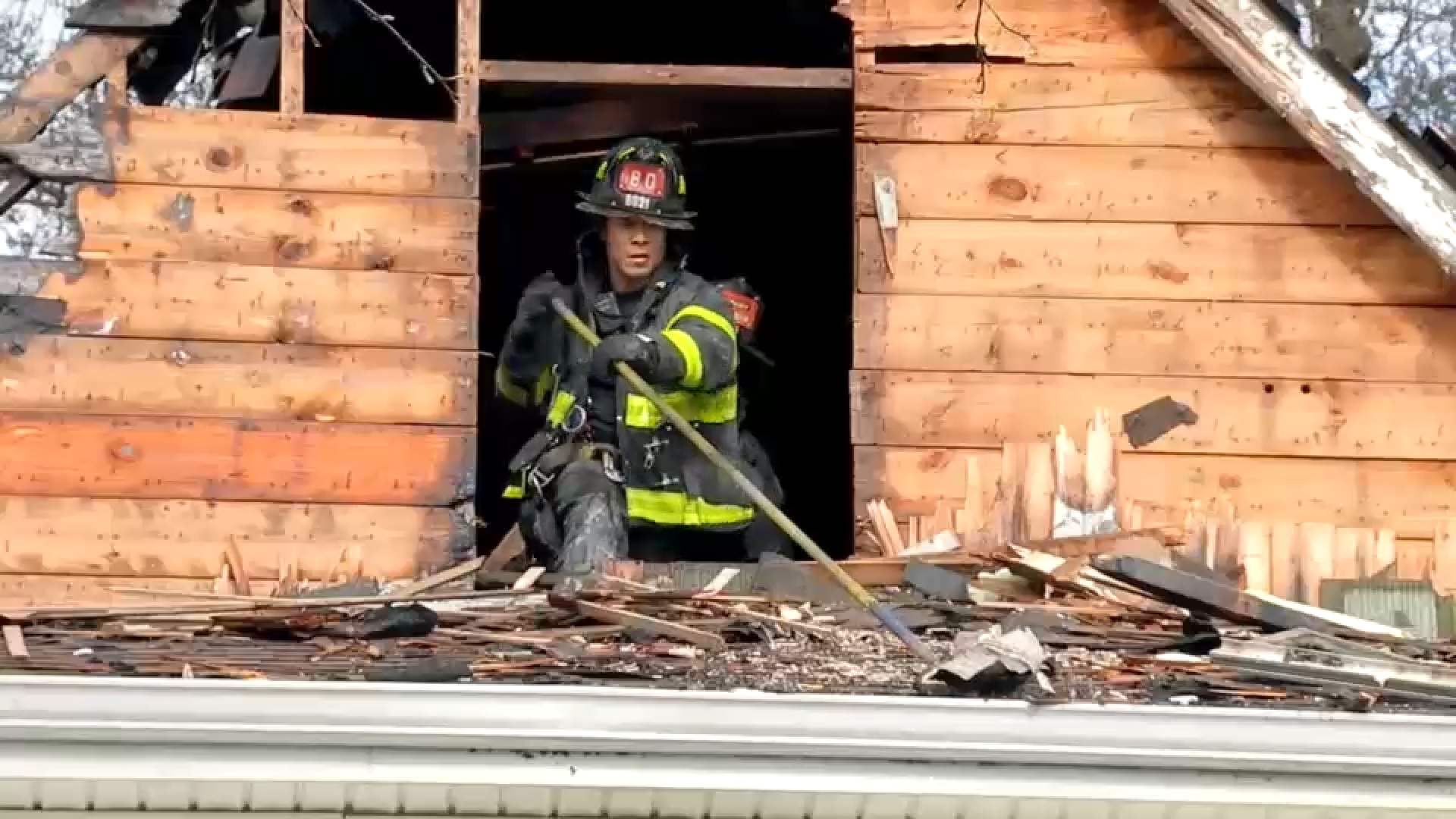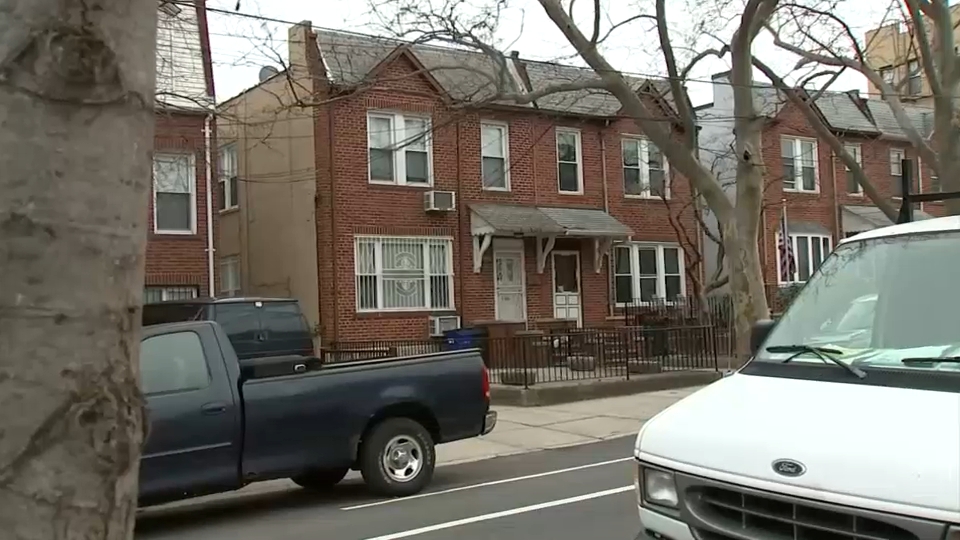Operation 7 Save a Life: Winter Car Safety
NEW YORK -- Operation 7 Save a Life has some good advice for you, from automotive safety expert Lauren Fix. Learn from her experience; it can make a big difference to your safety when driving, especially in the cold winter months.
Watch the video above to see the tips discussed - and tune in to Operation 7 Save a Life on Saturday, January 28th, 2017 for more vital information.
-*-
More tips from Lauren Fix:
* During the winter tires do lose tire pressure. For every ten degrees of outside temperature change you can use lose one to two pounds of pressure.
* You want to know what tire pressure is correct for your vehicle. How do you find that? Well every vehicle has the number inside their driver's door. This sticker is right there. And if you go down and look at it you can see the correct tire pressure.
*One of the most common mistakes people make with winter driving is they fail to clear off all of the glass around their car and the roof. You can actually get a ticket for driving around even in an SUV with a big pile of snow on the top because of the danger to those people behind you. It could be ice. It could be snow. It could be anything.
* The worst thing is getting stuck on the side of the road. A lot of us leave to go to work and we don't think about the weather changing during the day - so you might have dress clothes on. Make sure to have a warm jacket, gloves, scarf and a hat. Just put it in a duffle bag in the back of your vehicle.
* A rule of thumb during the winter is to have no less than a quarter tank of gas. There's two reasons for that. One, you don't want to get stuck somewhere where you can't get to a gas station for whatever reason or if you're stuck on the side of the road you'll need fuel to start the vehicle every once in a while but also what happens is your fuel injectors can get plugged up. As you leave less gasoline in the tank you've got heating from starting the car and cooling as the temperatures bring the temperatures down inside your gas tank. And so what happens is it can cause a fuel line freeze up. You can cause problems with your fuel injectors.
* One key thing is a fresh battery. If you haven't replaced it in you can't remember how long? Typically they're good for three to four years and after that they need to be replaced. You can have them checked for free at any auto part store or repair service shop, they'll do that.
* Here are some things you should absolutely have with you without question: An emergency kit you should have year round. That would include a first aid kit, a flash light, a blanket, some gloves weather you're adding washer fluid or pumping gas. You should carry a fuel injector cleaner, and a tire inflation product especially if you don't know how to change a flat tire or there's some reason you can't. Instead of flares that pollute the water, have magnetic flairs. They flash. They're solid and you can drive with them and they're water proof. They're about twelve dollars each and I always carry two in every vehicle. Have a siphon: If you run out of gasoline you have to something to use to fill the tank. Jumper cables: If you don't know how to jump a car there's always someone that can help you because you do need two vehicles. You can also buy a jump box which I highly recommend; a great gift for any driver.






